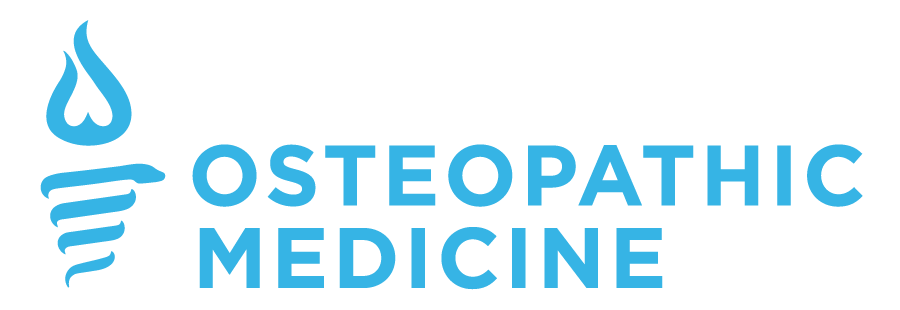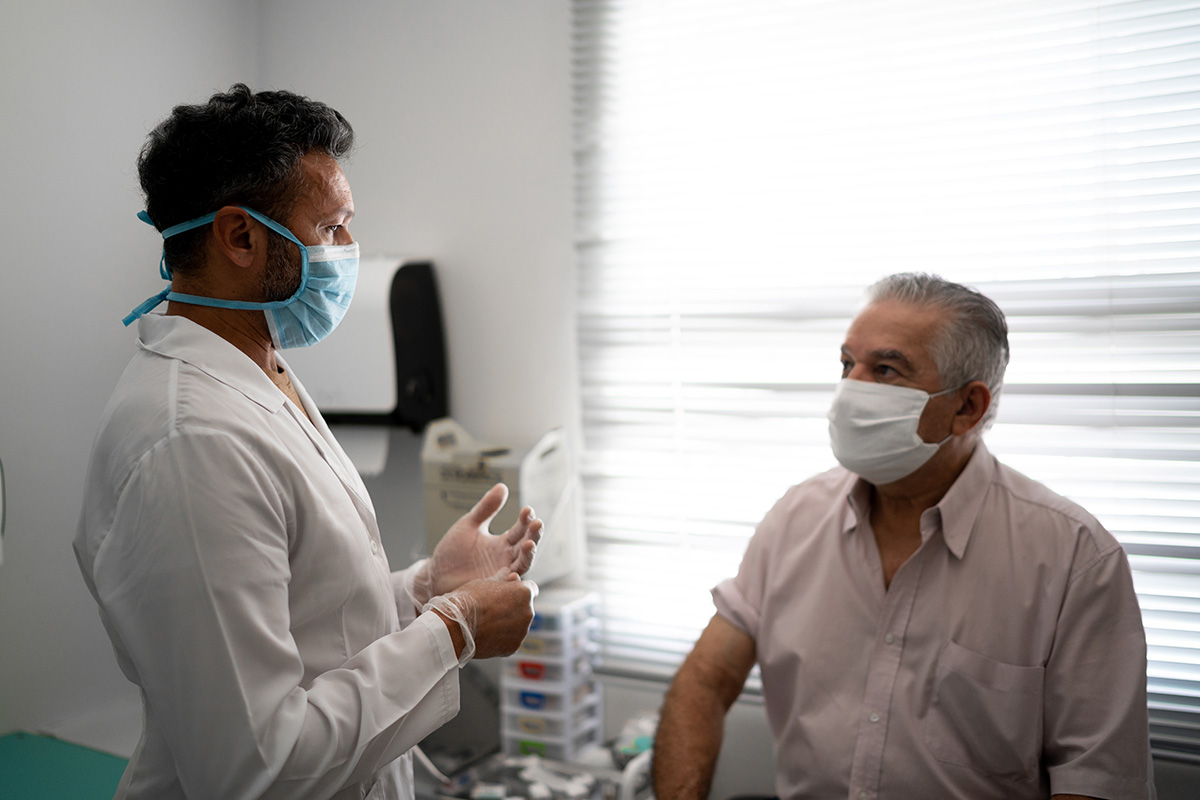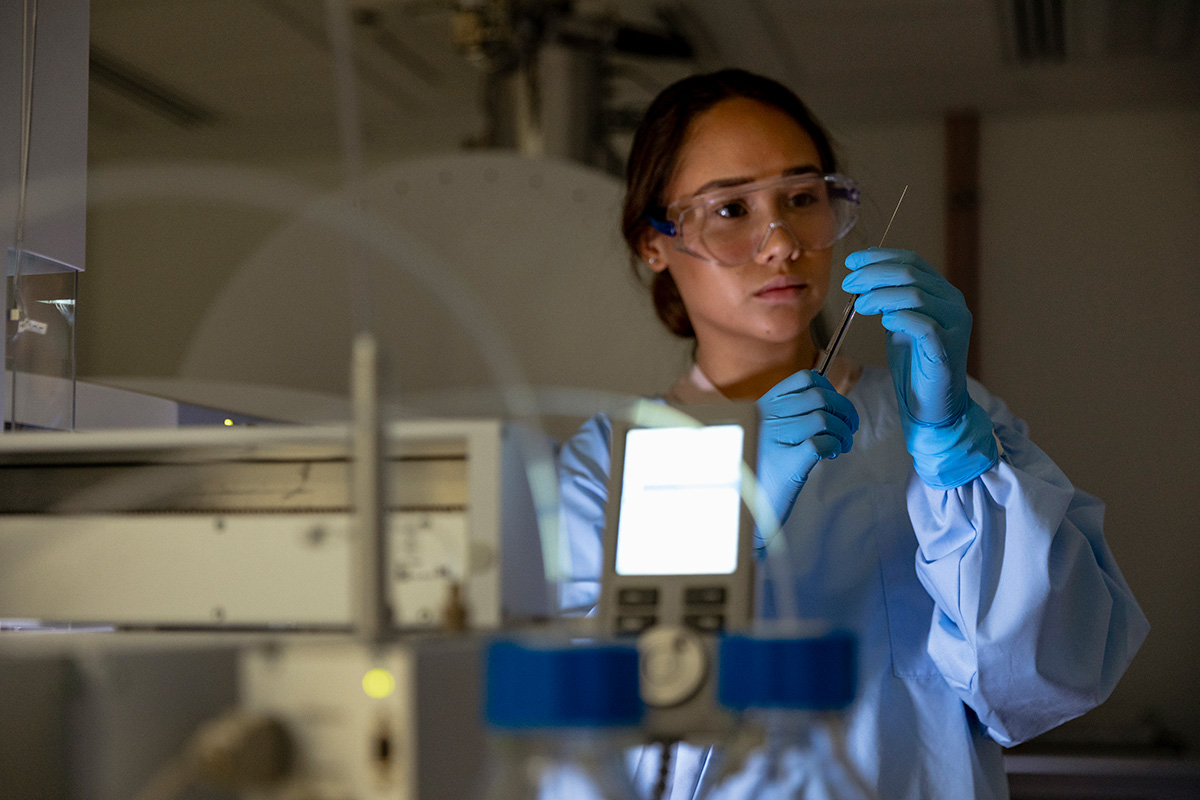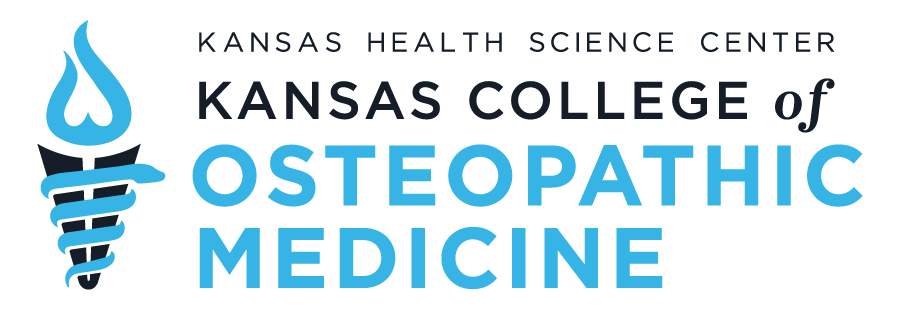Defining DO
Doctors of osteopathic medicine (DOs) are fully licensed physicians, able to practice in all areas of medicine. DOs can legally prescribe medications and perform surgery in all 50 states.
The Osteopathic Approach to Medicine
In addition to the standard medical training that occurs during the first four years of osteopathic medical school, DOs receive specialized training focusing on the musculoskeletal system. As the body’s interconnected system of nerves, muscle, and bones, the human musculoskeletal system serves as a vital piece to the whole picture of individual health. Receiving extra training on its function and how its integrated components can be used to support treatment gives DOs an expanded toolset for their practice.
Osteopathic Manipulative Treatment (OMT)
Once they’ve completed specialized training, DOs can perform a series of hands-on techniques called Osteopathic Manipulative Treatment (OMT), in which they use their hands to diagnose illness and injury while encouraging the body’s natural tendency toward self-healing.
OMT techniques can be used to treat health issues ranging from muscle and joint pain to providing relief for people living with asthma, migraines, or carpal tunnel. Some physicians and patients have found success in using osteopathic techniques to aid or replace treatments that involve drugs or surgery.
When DOs combine their in-depth knowledge of OMT techniques with the latest medical technology, they become empowered to provide some of the most comprehensive care available in medicine today.
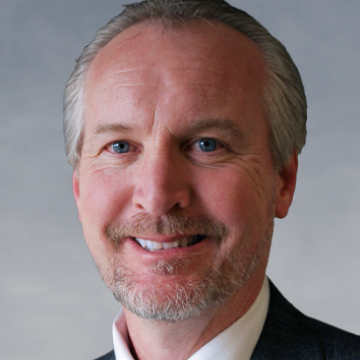

Physicians are often challenged to work beyond traditional hours, convey bad news to their patients, and deliver care to those who may have differing belief systems. Although it sometimes may be easier to avoid these challenges, it is integrity that drives us to meet these challenges and see them as opportunities to improve the health of our patients.”
—Joel Dickerman, DO, Dean and Chief Academic Officer
